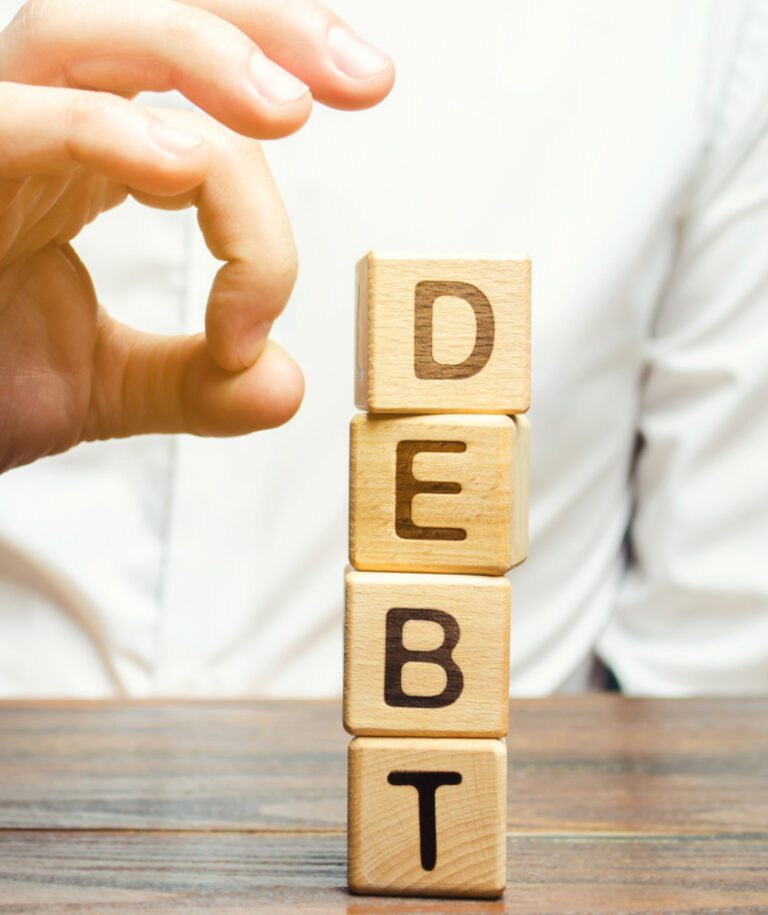Fees
NDH financial is a trading style of NDH financial Limited.
Below details information about the fees charged entering and managing the debt solutions provided.
Individual Voluntary Arrangement (IVA): Fees and costs
NDH financial Limited will only charge fees if an IVA is subsequently approved by your creditors and
our fees are only taken from your monthly payments or asset realisations paid into your arrangement.
Our fees are detailed in the proposal, however, In most cases, creditors amend the terms of the IVA to
reduce the fees we draw. Usually, creditors will either cap the Nominee’s fee, Supervisor fee, and
disbursements at £3,650, or alternatively, they will set individual caps on the Nominee’s fee and
Supervisor’s fee as detailed below.
In an IVA there are three distinct types of cost charged by the Insolvency Practitioner.
Nominee’s Fee
This fee covers the setting up and preparation of your IVA. This includes assessing your current
financial situation and your repayment offer to creditors, issuing the Proposal to your creditors, the
administration and facilitation of the creditors’ decision process used to consider the IVA, and any
negotiations with creditors during this process.
The Nominee’s fee is generally proposed at £2,000, depending on the level work required, however, this
is usually reduced by creditors to £1,000 to £1,650.
Supervisor’s Fees
These fees are charged for the ongoing administration of the IVA which includes collecting and
distributing your monthly repayments, dealing with any queries raised by you or your creditors,
completing an annual review of your financial circumstances, reporting annually to you and your
creditors about the progress of the IVA, and dealing with the closing formalities.
The Supervisor’s fee is proposed as 18% of the contributions paid into the arrangement, however, this
is usually reduced to 15% by creditors, or is limited by an overall cap of £1,750.
When additional work is required, outside of the work initially anticipated above, an additional fee
may be drawn in respect of that specific work, for example, convening and holding a variation meeting.
These additional fees are detailed in the proposal. These fees are generally limited by creditors.
Disbursements
These are costs paid by the IP to third party companies for statutory insurances, statutory
registrations, software licence, document portal and postage that are required as part of the
arrangement. These may also include payments made for the provision of additional services to provide
the best return for your creditors.
Typically the disbursements of the arrangement equate to around £758 per case.
Below are typical examples of the costs and fees charged in an IVA, where the client has £18,000 worth
of unsecured creditors and is making monthly repayments of £150 in the IVA (£9,000 in total over 60
months)*.
Scenario 1
The Nominee’s fee : £1,000
The Supervisor’s fee**: £1,200
The Nominee’s & Supervisor’s costs: : £758
Total repaid to unsecured creditors: £6,042
Total written off by unsecured creditors: £11,958
Scenario 2
Total Fees, inclusive of Nominee’s Fee, Supervisor’s Fee and Disbursements: £3,650
Total repaid to unsecured creditors: £5,350
Total written off by unsecured creditors: £12,650
*These examples are for illustration purposes only and actual repayment amounts and debt write
off will be dependent on individual financial circumstances, and assume that no additional work
outside the expected Supervisory work is required.
**15% of further monthly payments once the Nominee’s fee has been satisfied.



